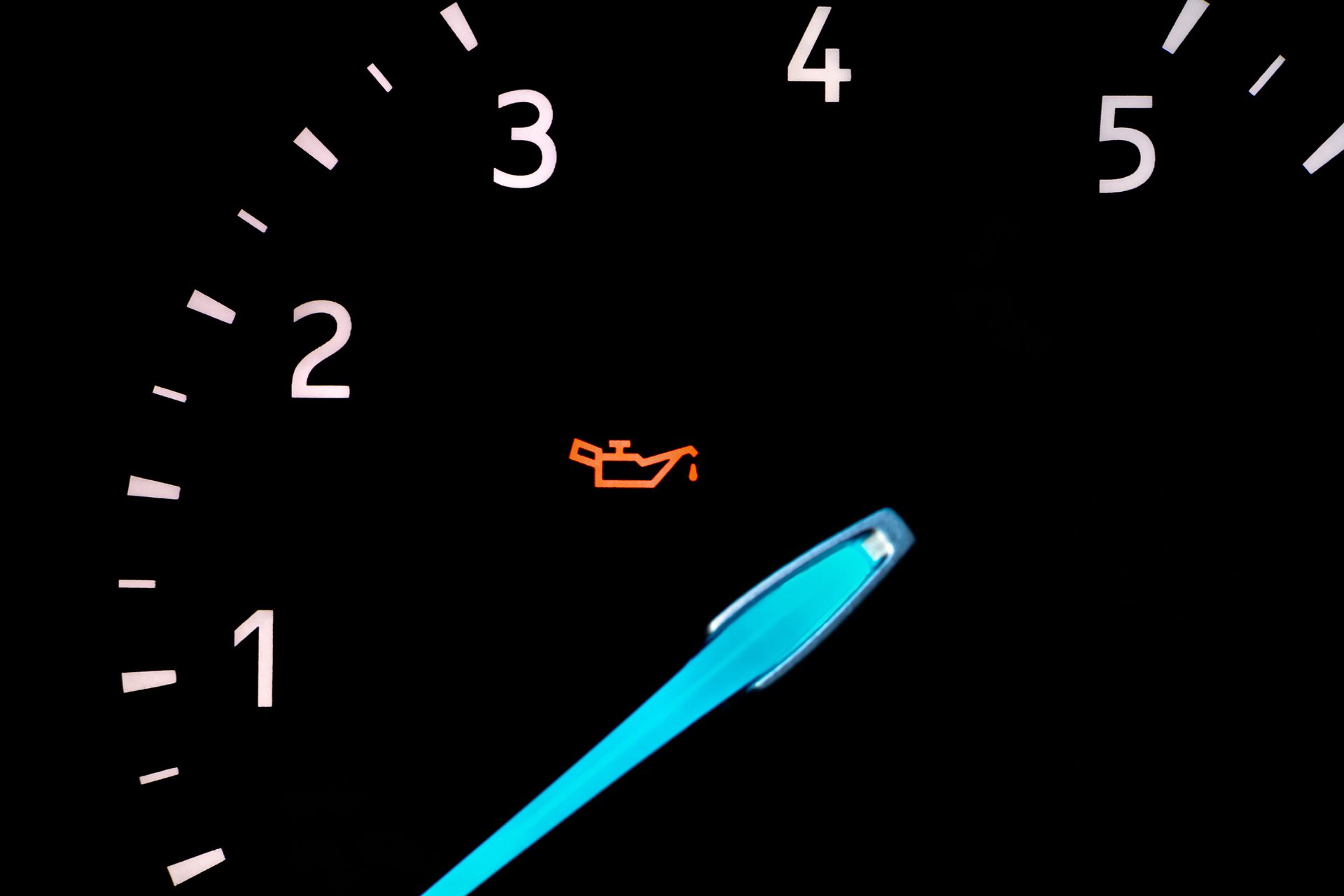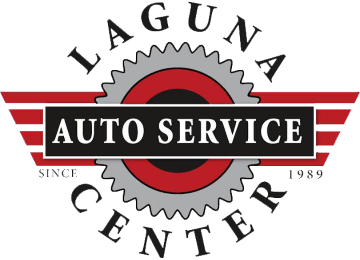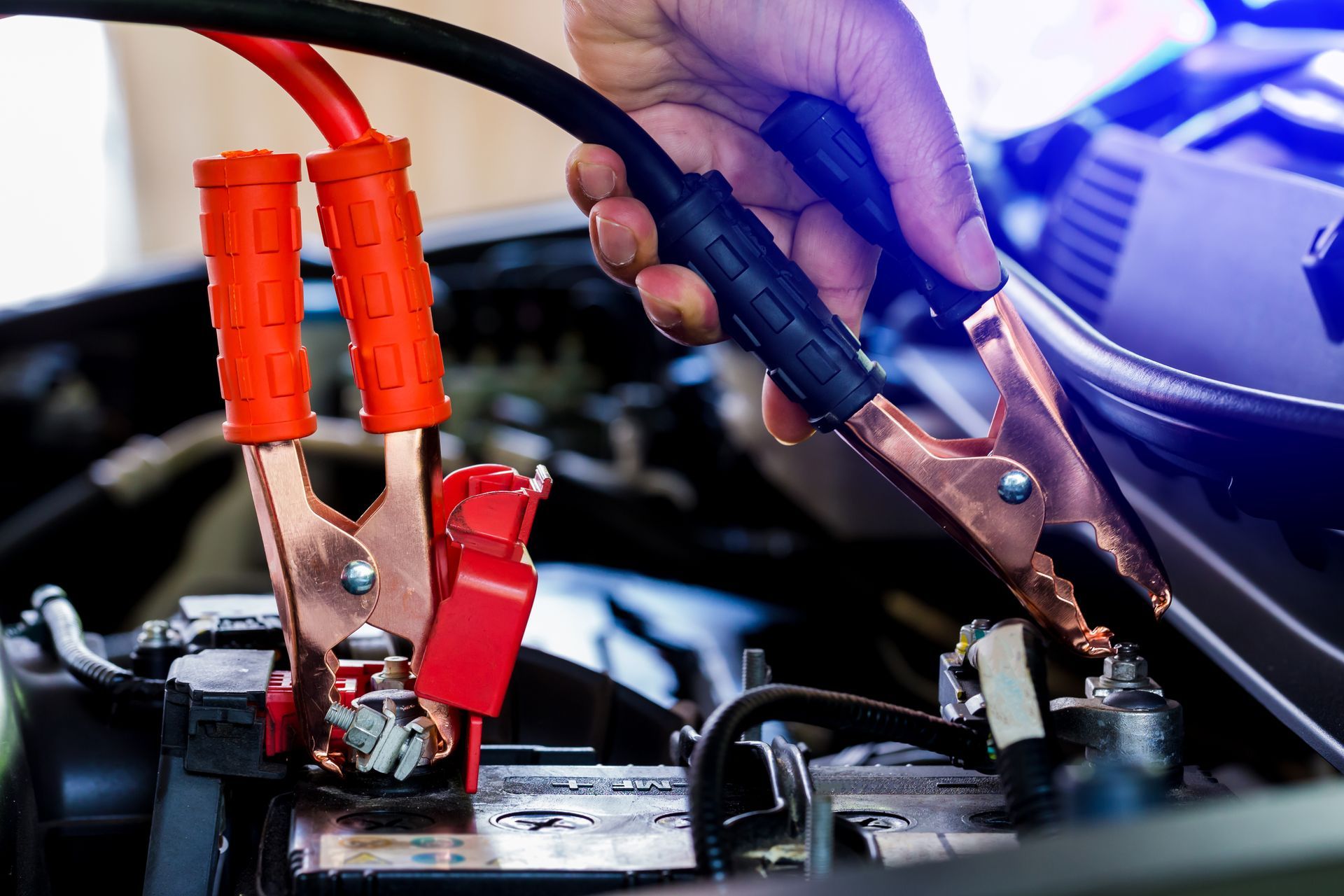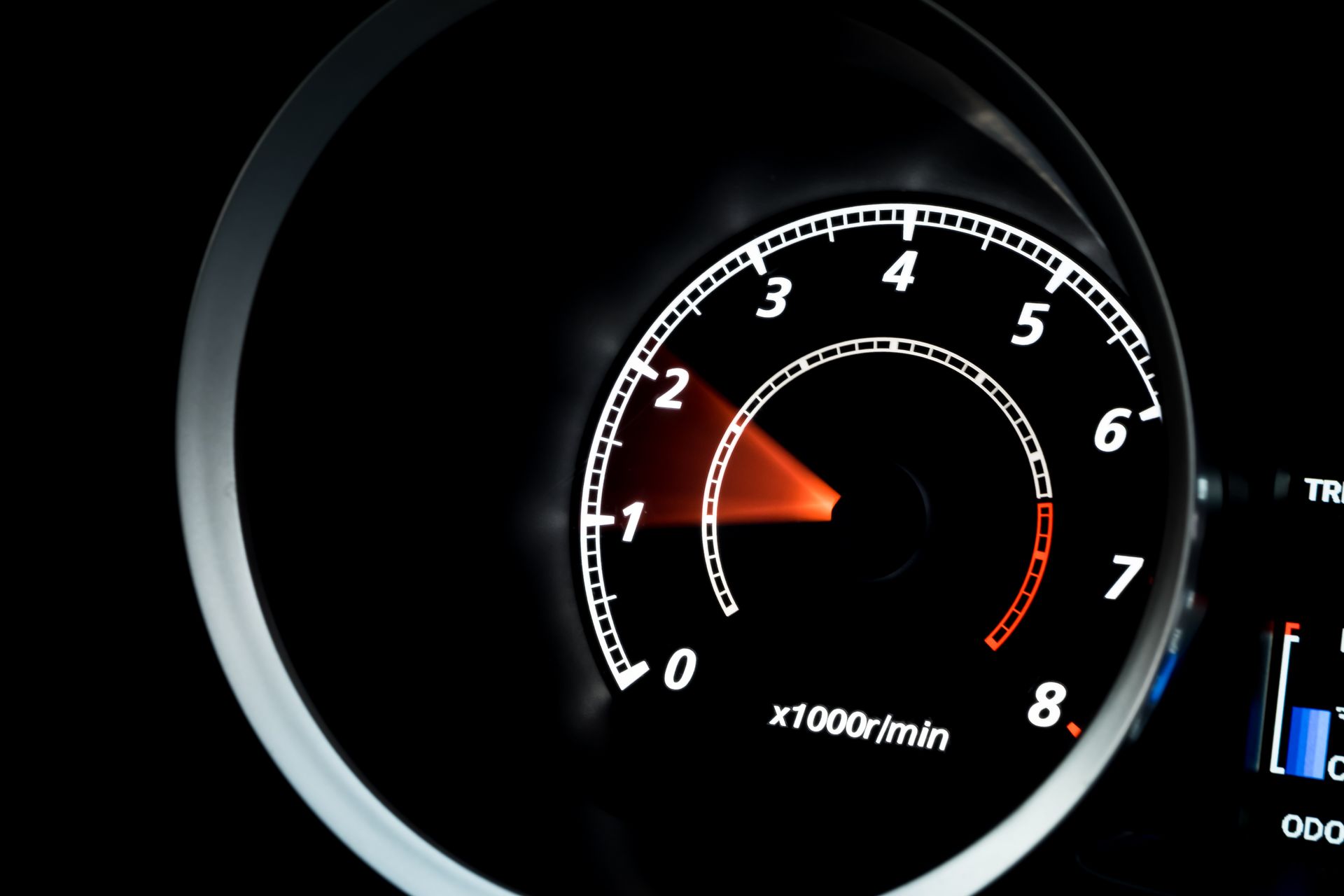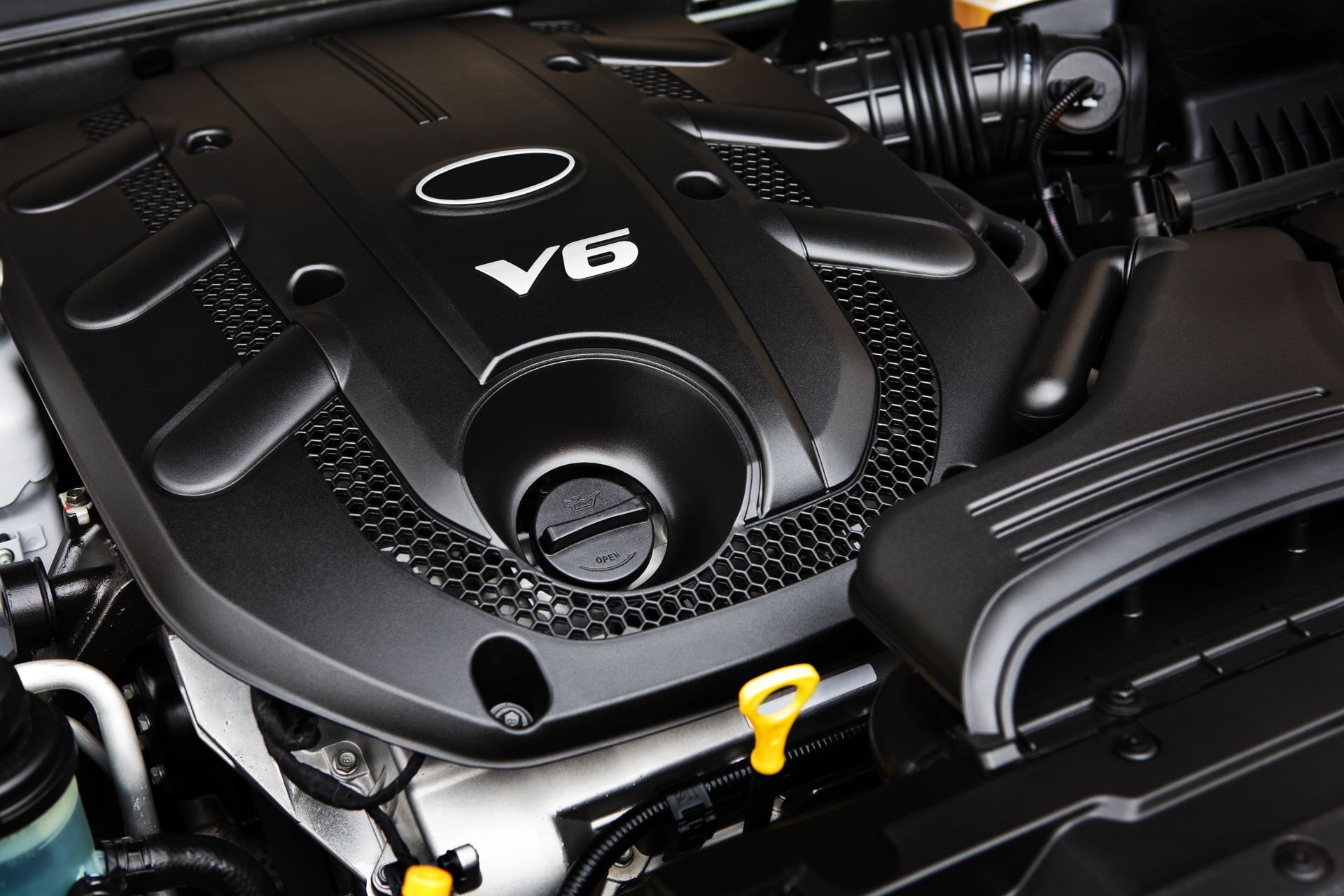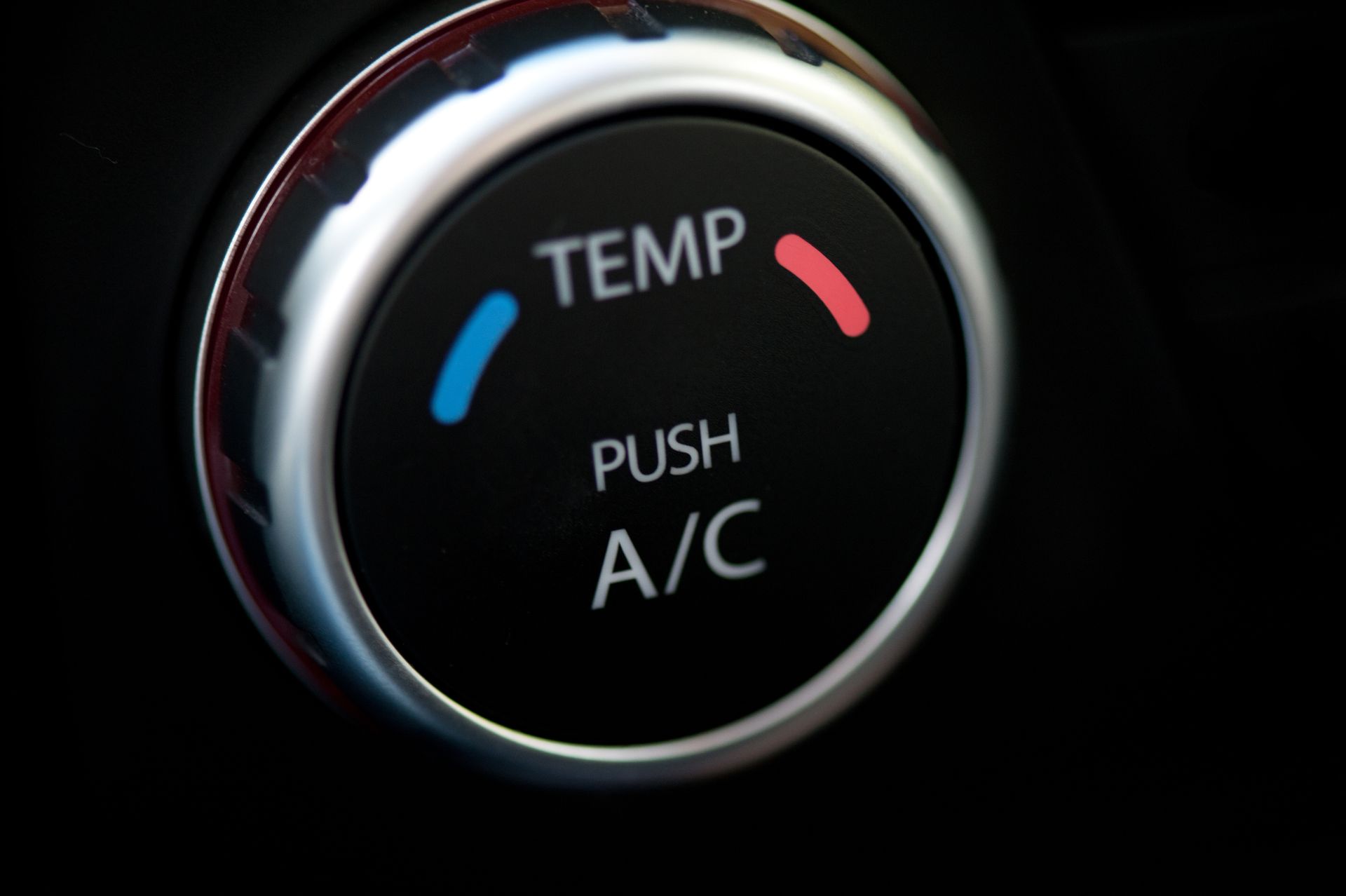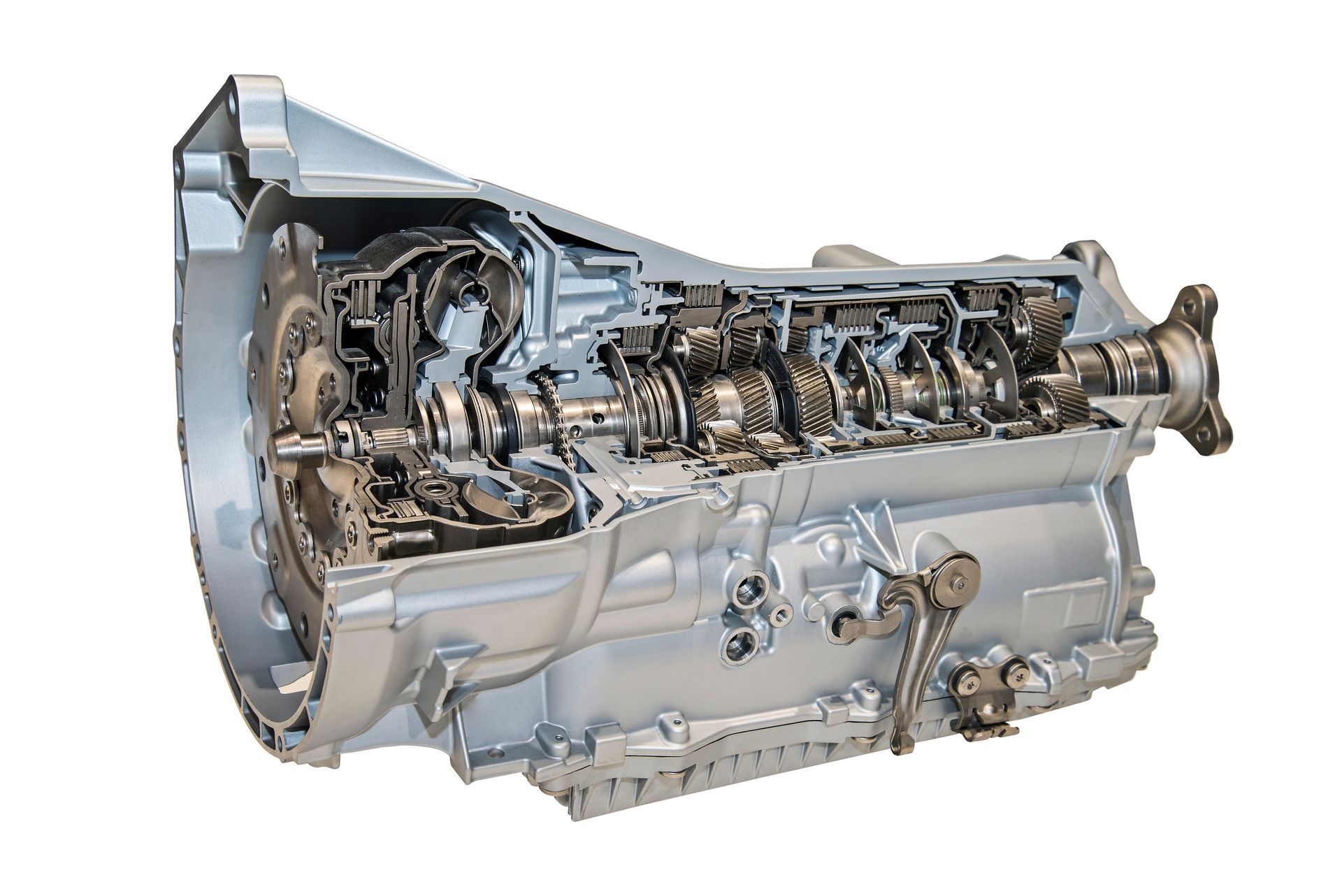In today's fast-paced world, where commuting is a part of daily life for many, ensuring the safety of vehicles is paramount. But how often do we consider the maintenance of the very systems designed to keep us safe on the road?
From airbags to anti-lock braking systems (ABS) and traction control, each safety feature plays a crucial role in protecting drivers and passengers alike. However, the question remains: do these safety systems require regular maintenance to function effectively?
Vehicle Safety Systems
Before delving into the maintenance aspect, it's essential to understand the various safety systems installed in modern vehicles. These systems are designed to mitigate the risks associated with accidents and enhance overall safety. Some of the most common safety features include:
Airbags
These inflatable cushions deploy rapidly in the event of a collision, providing a cushioning effect to reduce the impact on occupants.
Anti-lock Braking System (ABS)
ABS prevents the wheels from locking up during braking, allowing the driver to maintain steering control and avoid skidding.
Electronic Stability Control (ESC)
ESC helps prevent loss of control by reducing engine power or applying brakes to individual wheels when necessary.
Traction Control System (TCS)
To improve traction and stability, TCS limits wheel spin during acceleration, especially in slippery conditions.
Forward Collision Warning (FCW) and Automatic Emergency Braking (AEB)
These systems detect potential collisions and can automatically apply the brakes to avoid or mitigate the impact.
The Importance of Maintenance
While modern vehicles are equipped with advanced safety features, their effectiveness can diminish over time without proper maintenance. Regular maintenance not only ensures that these systems function optimally but also helps identify any potential issues before they escalate into safety hazards.
For instance, airbags rely on sensors and deployment mechanisms that may become faulty due to dust accumulation, moisture, or electrical problems. With regular inspections and maintenance, these components may deploy properly during an accident, compromising occupant safety.
Similarly, ABS, ESC, and TCS use sensors, hydraulic components, and electronic control units (ECUs) to function effectively. Any malfunction in these components can affect the performance of these systems, potentially leading to loss of control or reduced braking efficiency.
Maintaining Vehicle Safety Systems
To ensure the reliability and effectiveness of safety systems, vehicle owners should adhere to the manufacturer's maintenance recommendations outlined in the owner's manual. This typically includes scheduled inspections and servicing by qualified technicians.
During routine maintenance, technicians check the functionality of safety systems, inspect sensor calibration, and perform diagnostic tests to detect any underlying issues. They may also update software to address known vulnerabilities or improve system performance.
In addition to scheduled maintenance, vehicle owners should remain vigilant for any warning signs indicating a potential problem with safety systems. These signs may include dashboard warning lights, unusual noises, or abnormal driving behavior.
Questions You Might Have
How often should vehicle safety systems be inspected?
Regular inspections are recommended, typically according to the manufacturer's guidelines outlined in the owner's manual.
What are some common signs indicating a potential problem with safety systems?
Dashboard warning lights, unusual noises, and abnormal behavior while driving can indicate a malfunction in safety systems.
Can neglected maintenance impact the overall safety of a vehicle?
Yes, neglected maintenance can lead to compromised performance of safety systems, increasing the risk of accidents and injuries.
Do you want to be as safe as possible on the road? Call us at Laguna Auto Service Center, and we will schedule you for a visit - it's as simple as that!
